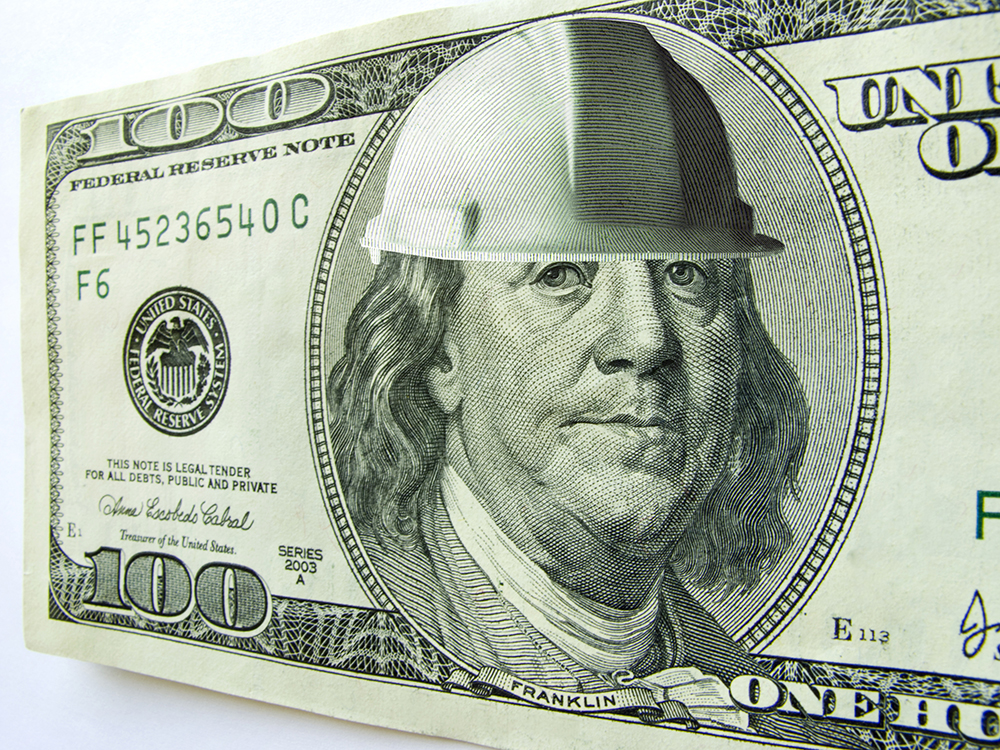How Important Is Private Lending In Commercial Real Estate?
It was almost ten years ago when the global financial market crashed. Since then, a lot of things appear to have changed. Among those that have been affected the most is commercial real estate (CRE) lending, with loans now coming primarily from private lenders. Every quarter, people the world over continue to feel the effects of the Great Recession, despite it supposedly being behind us. And, as 2017 comes to an end, commercial borrowers continue to have to manage some significant financial complexities. Those include uncertain world affairs, a changing regulatory climate, and higher interest rates. What all of that means is that it remains difficult to secure commercial credit. Today’s lending standards are also tighter than they have ever been.
Well-established borrowers with long track records can still go to their banks and get financing. Regulations have made it more challenging, but if they have sufficient equity and well designed and capitalized projects, there are financing sources for the project.
However, financial investors are resourceful if nothing else. They are now in a unique position, and it is one that sees to have attracted private lenders to the commercial real estate market. The options offered by traditional banks simply aren’t realistic anymore, and this means investors have to look elsewhere. The result is that a range of new institutions have formed as well, including real estate developers, venture funds, insurers, and hard money lenders.
There are some key advantages to taking out a private money loan, not in the least that it provides a lot more room for movement in the CRE market. In addition, borrowers have found that a lot of these lenders are trustworthy and beneficial to them. The result is a significant impact on the CRE market as a whole, and it now looks as if private money is filling the gap left behind by the financial crash of 10 years ago.
How Is Private Money Helping?
It is quite obvious that there has been a significant increase in the number of private lenders that are becoming involved in the CRE market, and the existing statistics show this, too.
The silver lining for U.S. commercial properties came from the comparative strength of the U.S. economy and higher yields of U.S. assets. With global economies having slowed down in 2016, U.S. property markets remained a favorite destination for cross-border investors. While top-tier markets in gateway cities continued as major targets of investor activity, the higher yields and advancing economies of secondary and tertiary markets offered viable alternatives to investors looking for stronger returns.
That being said, it is very important to understand the impact of this on overall market activity. As such, the first key issue that is obvious, is that CRE investors and CRE developers continue to be heavily involved in the overall real estate market. However, they no longer have as much access to traditional lenders as they did in the past. This is due to traditional lenders choosing to be more cautious and also by new regulations, such as the Dodd-Frank Act.
The Dodd-Frank Wall Street Reform and Consumer Protection Act is a massive piece of financial reform legislation passed by the Obama administration in 2010 as a response to the financial crisis of 2008. The act established a number of new government agencies tasked with overseeing various components of the act and by extension various aspects of the banking system.
Of course, the Dodd-Frank Act is now in question again, as President Donald Trump has, so far unsuccessfully, attempted to repeal it in its entirety, to be replaced with the Financial CHOICE Act.
If we want strong economic growth and more freedom, we must empower Americans, not Washington bureaucrats.
However, much of the Dodd-Frank Act will stay in place and while the Financial CHOICE Act will be implemented, the reality is that investors will have to continue to look towards alternative lenders if they want to fund their CRE investment projects.
The Potential Pros and Cons of Private Lending in CRE
Lending always comes with risks. However, with private lenders, there is a different systemic risk associated with it. This was, in fact, a key lesson learned from the 2008 crash. Large lending organizations were classed as “too big to fail”, and this caused the Big Bank Bailout.
The Special Inspector General for TARP summary of the bailout says that the total commitment of government is $16.8 trillion dollars with the $4.6 trillion already paid out. Yes, it was trillions not billions and the banks are now larger and still too big to fail.
Private capital, if there is another burst of the real estate bubble, can quite easily absorb this. Only two players will be affected: the private lender and the investor. This is very different from an entire bank going under.
Yet, at the same time, there are some negative issues as well, one of those being that a lot of private investors are foreign investors. In fact, many of them come from China, as well as Canada and Europe. Clearly, the US market is seen as a safe market, but there will come a time when these investors start to see their own domestic market as safe again. This could have a significant impact on real estate investment trusts (REITs) further down the line, and the overall impact this could have on the market itself would be significant, albeit in theory.
What’s in Store for Private Money Lenders?
To date, the fact that the economy has strengthened has not resulted in more commercial credit becoming available from traditional lending sources. Hence, it is feasible that the last quarter of this year could see some real changes to what the lending environment looks like. There continue to be significant changes in financial regulations, and it is now also seen that interest rates are finally rising again. This means that, perhaps, traditional lenders will become friendlier to investors once again. Whatever happens, however, it is vital that the lessons learned from the financial crash and the benefits offered through private money since then continue to be at the foreground of their work.



